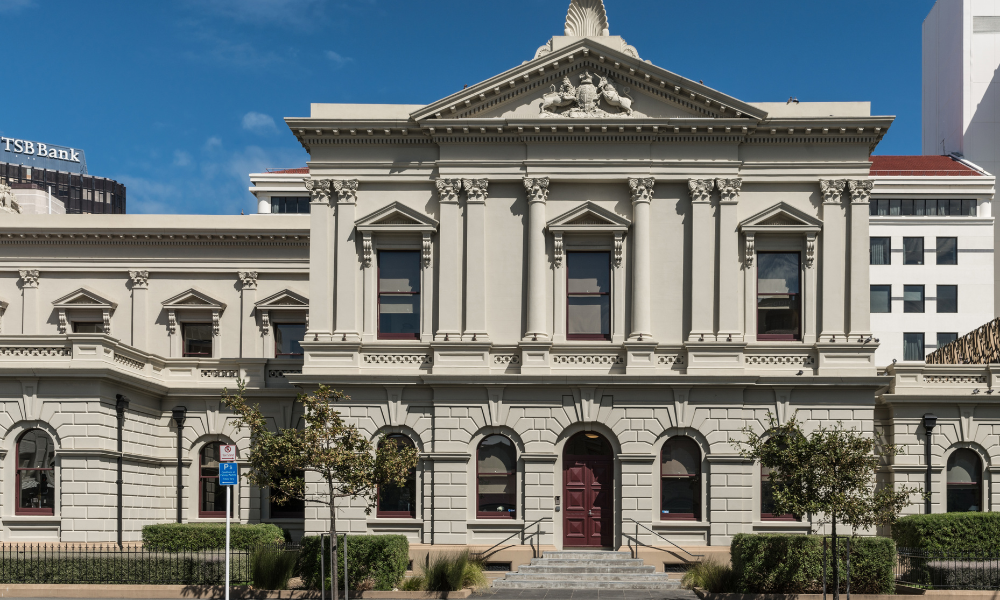
The court emphasised that only in extremely compelling cases will a leapfrog appeal be permitted

The Supreme Court has refused to allow a leapfrog appeal brought by a former barrister charged with professional misconduct.
In Christopher Knute Skagen v Wellington Standards Committee of the New Zealand Law Society, [2022] NZSC 145, Christopher Skagen was a barrister admitted in New Zealand and an attorney in Oregon. In 2014, the New Zealand Lawyers and Conveyancers Disciplinary Tribunal found him guilty of 12 charges of misconduct and made an order striking him from the roll of barristers and solicitors. The charges against him include the following:
Skagen sought leave to appeal the substantive High Court decision dismissing his appeal, an interlocutory judgment relating to evidence and discovery, a recall judgment, and a second recall judgment. The court of appeal refused to grant a leave to appeal.
Skagen brought an application to bring a leapfrog appeal. The Supreme Court said that in an application to bring a leapfrog appeal, "leave must be refused unless both exceptional circumstances justify that course, and it is necessary in the interests of justice to do so."
The court further emphasized that "only in extremely compelling cases will a leapfrog appeal be permitted, where an appeal to the Supreme Court is otherwise precluded by statute." The Supreme Court found that Skagen failed to meet the prerequisites for leapfrog appeal.
The court said the additional evidence sought to be admitted on appeal needs to be fresh and compelling. Further, Skagen's additional evidence did not demonstrate a distinct question of law. The allegation of procurement of judgment by fraud depends on that evidence, was rejected by both the High Court and Court of Appeal as lacking foundation and likewise raised no distinct question of law.
The court also observed that the claim of unlawful lien by non-renewal of the applicant's practising certificate is extraneous to the appeal. The issue of discovery by the respondent involves an appeal against an interlocutory judgment of the High Court and is beyond the jurisdiction of the Supreme Court Act. In any event, the court pointed out that the prospects of success in demonstrating the materiality of the documents were insufficient to meet the standard for leave.
The court said the applicant's other grounds for appeal both individually and collectively met the standard required for leave. As a result, the court refused Skagen's application for leave to appeal.